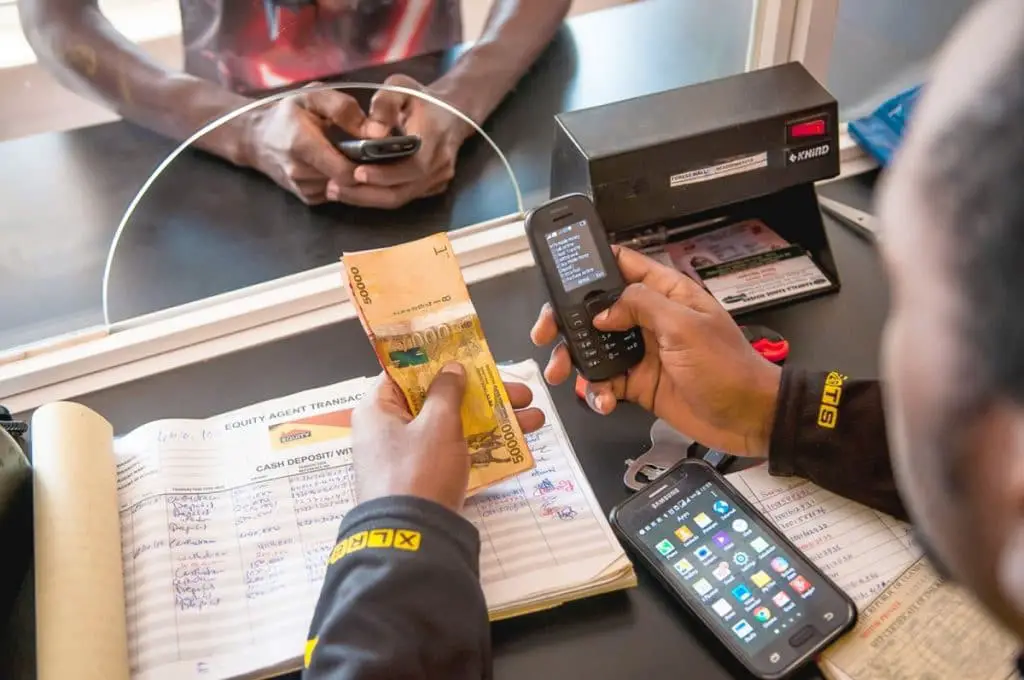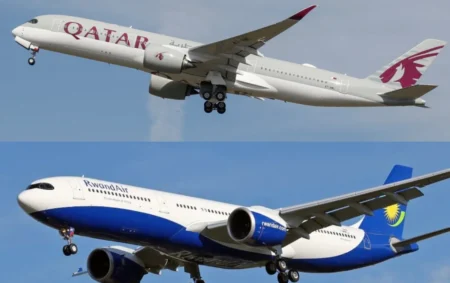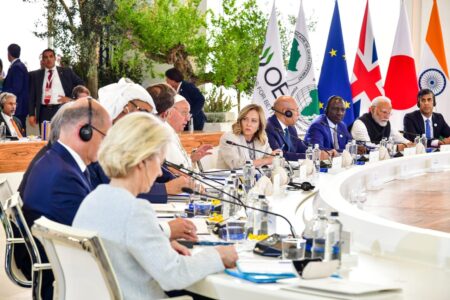Tanzania Telecom charges:
Tanzanians are forced to reach deeper into their pockets as the government has increased the cost of performing mobile money transfers. Effective July of this year, Tanzania’s have seen the cost to send or withdraw money shoot up to the roof.
The government, through parliament past a bill to hike the charges arguing the extra tax is needed for national development projects. The government amended the Electronic and Postal Communication Act (CAP 306) a move that allowed it to impose a levy of on mobile money transactions depending on the amount sent and withdrawn.
 At 17 per cent, Tanzania’s excise rate on mobile phone services is the second-highest in Africa, second only to Zambia.
At 17 per cent, Tanzania’s excise rate on mobile phone services is the second-highest in Africa, second only to Zambia.
The amount is an increase from the earlier 14.5 per cent that was raised back in 2014. At that time it was explained that the levy increase was meant to compensate the government for what it explained as ‘the loss of revenue resulting from removal of sim card tax in the FY 2013/14.’
Well, now the government has proposed to return the sim card tax at a rate of up to $ 0.09 (200 Tsh) per day per sim card.
“I propose to amend the Electronic and Postal Communication Act as follows. To impose a levy of between $ 0.0043 to $ 0.09 per SIM card depending on the ability of the user to recharge the balance,” said the country’s Finance Minister Mwigulu Nchemba.
So not only is the government increasing charges on mobile money transfers but also charging a levy for mere ownership of a sim card. The uproar and outcry by the public have been huge, so much that the 6th President Samia Suluhu has asked the Ministry of Finance to revisit the bill and find a consideration to reform the bill and lower the charges.
The Plight Time Limit Bundles Persist
To make matters worse, not only have the mobile money transfer charges been increased, but unlike elsewhere in the East African Community (EAC) when you buy a telecom bundle (data, voice call or SMS) in Tanzania, it comes with a time stamp. The timestamp ranges from a day to a month and when your time is up, the service is cut off, even if you still have unused data, airtime or texts.
Three months ago, this outrageous sales tactic that takes advantage of the poor who unwittingly buy what seem to be affordable offers at first sight only to find out that the ‘many’ MBs or minutes or texts were for a limited time only.
So you could literally buy a month-long bundle that in reality will last you only a mere week!
All this was supposed to be a thing of the past as of April this year when the government stepped in and issued a host of new regulations to the telecoms. Through its ICT watchdog, the Tanzania Communications Regulatory Authority (TCRA), the government issued some 13 plus new regulations and among these was to put an end to these time capsuled telecom bundles.
Well, it all sounded like pitch and cream until you read between the lines. For argument sake, let’s look at the time limit bundles and what the regulation asked the telecoms to do or rather how the telecoms re-battled TCRA order to get rid of the time limit.
The telecoms agreed that ‘bundles will no longer have an expiry date…’ (wait for it) ‘…if the customer tops up the bundle before it expires!’
And: ‘The user will be notified to top up when the bundle is used up by 75 per cent and again when it is completely used up.’
So the time limit stamp on telecom bundles was never really removed as the public was led to believe, instead, it was sugar-coated, the wolf went back to the forest, put sheepskin and came back for the three little pigs or is it little red riding hood?
All in all, is that the telecom wolf dressed up in sheepskin and came back to devour the unprotected innocent public. Let’s re-look at the regulator’s order and what the telecoms actually did.
https://theexchange.africa/industry-and-trade/telcos/airtel-telkom-succumb-increasing-internet-and-call-charges/
A cycle of poverty: The infinite loop of time limit bundles
The government ordered the removal of time limit bundles effective April 2, the telecoms agreed but put a condition, ‘you will not lose your unused data, air time or texts if and only if you buy the same time capsuled bundle before it expires.’
In other words, they have really made things even worse for the common man who in the first place opts to buy the time-locked bundles because they promise to give much more data, airtime and texts for a reasonably affordable price.
However, when the time expires, you lose the unused part of the bundle, turning around and forcing this user to buy yet another bundle simply forces him/her into an infinite loop of buying more bundles to save his/her already paid for the unused bundle!
Why didn’t the government, through TCRA simply order an end to this loop that in reality forces a poverty cycle on the already poor? The country has just inched up from a per capita rate of a dollar a day, these bundles on average cost just above a dollar a day, forcing one to spend their full day earning to communicate with loved ones is just wrong.
Granted it’s a free economy, so fine, I have chosen to spend my entire day’s earning to communicate, then at least let me use the entire amount of service that I have bought. It is a trick if not outright daylight robbery to lure me to ‘get more’ bundle only to take it away if I don’t use it all up within a given time.
Kenya Drags Telecoms To Court Over Time Limit Bundles
If my approach seems to be a hardliner’s stance, consider the fact that in Kenya, the telecom companies were dragged to court over the same time limit bundles back in 2019. And since then, Kenyans enjoy their hard-earned money to the last cent or shall we say to the last MB.
“…Safaricom on Wednesday (Oct 23 2019) abolished expiry dates on data packages it offers, in what it said was to celebrate 19 years in service,” wrote a regional outlet.
In the article titled ‘Safaricom removes time limits on data bundles’ the paper details that Safaricom’s decision to remove the time limit bundles was not out of sheer goodwill or the merriment of celebrating almost two decades of ‘time limit bundle profits but rather because the company along with two other leading telecom companies were facing a class lawsuit over the high cost of data and arbitrary expiry or bundles that have been paid for.
Kenya is not the only country to sue the telecoms and protect its people against unscrupulous profiteers. In that same month of October 2019, across the continent in West Africa, Ghana also directed its telcos to remove restrictions on data, the paper wrote.
In Ghana however it seems the telecom giants got away with lobbying for the same provided they have now enforced on Tanzanians, the unused but paid for part of the bundle will be carried forward if, and only if, the user buys the bundle again; the infinite time limit bundle aka the cycle of poverty.
While these deceptive and misleading advertising tactics force already poor peasants further into the abyss of poverty, the multinational telecom giants continue to enjoy ever unbelievable amounts of profits every year.
Consider this, the sued Kenyan Safaricom is actually East Africa’s most profitable telecom company that pockets a net income of $598 Million collected from over 33 million subscribers1 who are unwittingly forced to buy these time limit bundles among other services.
1African Business Magazine an annual survey (9 April 2020)
Where Is Tanzania’s Consumer Protection Commission?
When you put out million-dollar ads on radio, TV, bigger than life billboards saying GET MORE FOR LESS and then only send a text message in fine print saying ‘top-up to save unused bundle’ and expect half learned rural peasants to choose the best option, it amounts to misleading the consumer (and if it doesn’t it should) because the public is not given enough information to make the appropriate decision.
It is illegal for a business to engage in conduct that misleads or deceives or is likely to mislead or deceive consumers or other businesses. This law applies even if you did not intend to mislead or deceive anyone or no one has suffered any loss or damage as a result of your conduct – Australian Law.
Suspended Higher Rate Bundles
The telecom saga in Tanzania does not end with time limit bundles on the same day, April 2, 2021, when telecoms were asked to get rid of the time limit bundles, the government of the people again intervened on the people’s behalf as telecommunication companies in the country attempted to increase service charges.
Unfortunately, as was the case with the time limit bundles, what the public did not grasp is that the proposed new higher rates were only suspended not denied or revoked. Back in April, all Tanzanian telecommunication firms increased charges for voice calls, data and short messaging services.
The giant multinational firms defended the move arguing the new rates were only in conformity as they sought to align them with new regulations as published by Tanzania Communications Regulatory Authority (TCRA). However, the government via that same regulator reacted to the public outroar and promptly suspended the new data charges.
“TCRA is temporarily suspending the new data bundles so as to give room for service providers to conduct a detailed analysis that should culminate into new tariffs that effectively put into consideration the interests of consumers,” the government statement read.
“The prices for both voice calls and short messaging service have gone down, which is good, but for data, the prices unexpectedly went up. The prices for voice and SMS will continue as they are but those of data have been suspended immediately,” it was concluded.
TCRA’s new regulations also require service providers to seek TCRA’s approval before ‘meddling’ with bundle rates. It remains to be seen whether the suspended higher charges will be foregone or will be applied.
However, given the fact that the government has proposed increasing tax levy on mobile money transfers and to start daily taxation of SIM Cards, it can only be anticipated that prices will go up, one way or another.
https://theexchange.africa/tech-business/africell-uganda-bundles-out-new-internet-rates/











